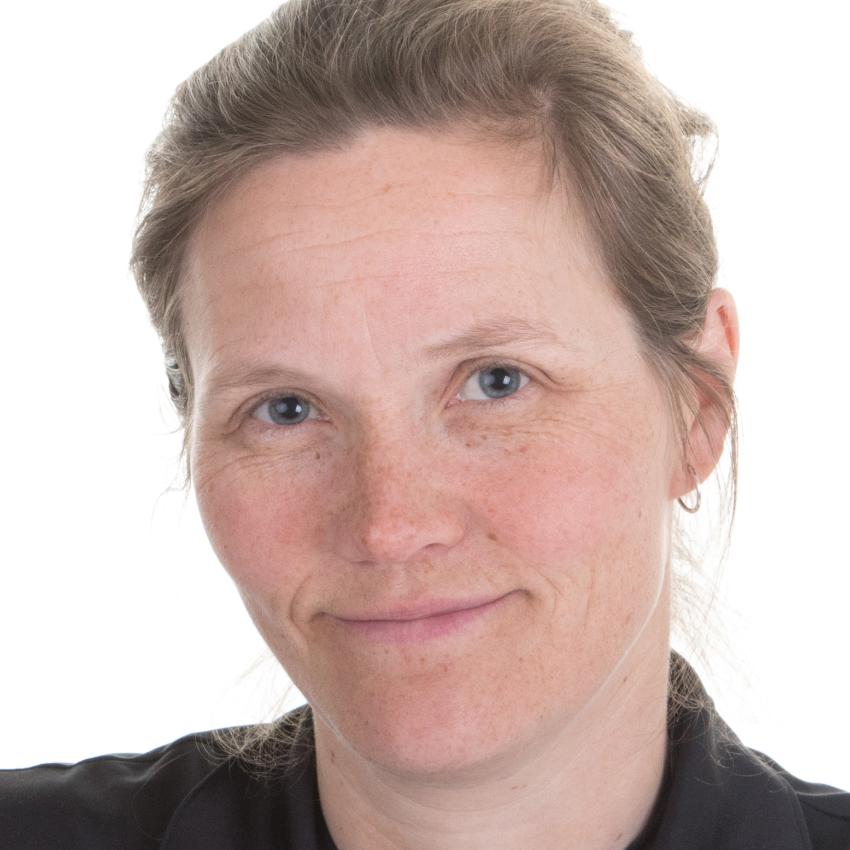From Loss to Hope in the Shadow of Residential Schools
Inuk Elder Navalik Tologanak is one of the survivors of Canada’s residential schools legacy. During their visit to Iqaluktuuttiaq (Cambridge Bay), students had the opportunity to hear her story.


Navalik Tologanak sits on a chair in the auditorium of Nunavut Arctic College. Beside her is school mate Margo Neglak, who is now an instructor at Nunavut Arctic College. Both are Elder knowledge keepers in Iqaluktuuttiaq and hold significant roles in the local community. They are here to share their stories about residential schools with students in the Arctic Future Pathfinders course.
About Elders:
In Inuit culture, an "elder" is not defined solely by age but by significant wisdom, experience, and knowledge of Inuit traditions, culture, and language, earning deep respect within their community. Elders serve as important role models and mentors, guiding younger generations to live harmoniously and maintain cultural continuity. In this way, they pass on traditional knowledge through stories and practices, helping to preserve Inuit culture and wisdom.
Source: The Canadian Encyclopedia
Tologanak begins by explaining the meaning of her name.
"My name is Navalik. I also have an English name, Helen, but I prefer Navalik because I am named after my grandfather," she says.
She recounts how her grandfather, Navalik, drowned at Char Lake in August 1955 while her mother was pregnant.
"In Inuit tradition, we often name our children after family members or special people in the community. This way, their name and spirit live on," Tologanak explains.
"Many times, those named after their ancestors take on their personality traits. My grandfather was short, and so am I," she says with a smile.

Taken Away
Tologanak’s story takes a darker turn as she begins to talk about the government-supported residential schools, which aimed to assimilate Indigenous peoples in Canada and provide them with education. The residential schools were established in the late 1800s, with the last one closing as recently as 1996.
"I was taken away from my family when I was four years old. The Canadian government took us, Indigenous children from across the country, and sent us to schools far away to erase our culture and make us more like them," she says.

She describes how the month of September was filled with fear in small Inuit communities.
"The planes came every September to take the children. When you heard the plane, you knew what was going to happen. Some children hid, but parents were threatened if the children didn’t board. Afterward, the villages were empty of children, and all you could hear were mothers and grandmothers crying," she recounts.
"We Lost So Much"
Navalik Tologanak shares how, as a child, she returned home to siblings who no longer recognized her.
"When I came home, my younger siblings asked, ‘Mom, who is that?’ They didn’t recognize me. I had been gone so long."
Her time at the residential schools left deep scars on Tologanak and her generation. Across Inuit communities in Canada, there are significant issues with alcoholism, substance abuse, and high suicide rates today.
"We lost the ability to parent. We never learned how to cook, sew, or take care of ourselves. We were stripped of our language and culture," says Margo Neglak.
"We Must Never Forget"
Tologanak emphasizes the importance of remembering the history of residential schools.
"We must never forget what happened. Many of the children who were sent to these schools never came home. They lie in unmarked graves across Canada," she says.
She mentions the national observance of Orange Shirt Day, which honors the children who never returned home.
"When I see an orange sunset, I think of those children," says Tologanak.
Proud to Be an Inuinnak
Despite the pain, Navalik Tologanak is optimistic about the future. She speaks about how the community is now working to revitalize their language, traditions, and culture.

"We have healing programs, we are learning to sew again, and we are teaching our children our language. We will never let this happen again," she says firmly.
She also highlights how today’s youth have more opportunities than her generation.
"We now have two schools here in Cambridge Bay, and our children no longer need to be sent away for education. We also have Nunavut Arctic College, where young people can study everything from social work to crafts."
Margo Neglak adds that she also learned a lot at the residential school and that her time there laid the foundation for pursuing further education and having a strong work ethic today.
Navalik Tologanak concludes with a powerful declaration of identity and pride:
"I am proud to be an Inuk. I hope that our children and grandchildren will continue to carry our culture and traditions forward. We have a beautiful culture, and we must never lose it."